Article by Lidija Šuster A Landscape Architecture Degree can offer you a lot in terms of the what the course can cover, but we outline those unexpected skills that a Landscape Architecture Degree can also bring with it. If you have a landscape architecture degree — or aspire to get one — you will certainly be intrigued by the title of this article. As in any other profession, studying landscape architecture requires hard work and dedication — and I mean a lot of it. There will be times when you go days without sleep and are on the edge of a nervous breakdown. Only those who truly love this profession will persevere until they get that diploma. Earning your landscape architecture degree guarantees that you will gain countless skills directly related to the profession. But there are a lot of intangibles when you study a multidisciplinary subject such as landscape architecture. That means you will come away from university with any number of unexpected skills. Here are 10 of them:
Landscape Architecture Degree
1. Enjoyment of Landscaping, Even if You Don’t Get Paid for it
The “even if you don’t get paid for it” part doesn’t sound pleasant, does it? But behind that clause stands a very important message — you truly love your job. This doesn’t mean you will not find a full-paid job with your diploma, but sometimes you’ll have opportunities to volunteer. And if volunteering makes you feel capable, inspired, and happy, then you’ll know you are in the right profession. While looking for a job, read 10 Reasons Why You Are Not Getting Hired.
2. Details Become an Important Part of Your Work
For landscape architects, details are very important, as we state in the LAN article 10 Projects That Show the Power of Detail. People love details and will notice them in design. On some of your first college projects, you may have oversights, and that’s normal. But you’ll remember them and try to never repeat those mistakes again. The more projects you do, the more you’ll be analytical while drawing and planning, giving you plenty of time to master this important skill.
3. You Become Very Critical When it Comes to Evaluating Public Spaces
As your knowledge grows, your sense for criticism will grow, too. Sometimes, you will stumble upon mistakes or negligence in the designs you see in the world, By observing the pros and cons in the spaces around you, you’ll become more careful in designing your own future projects. This will make you an even better professional, which eventually may get you your dream job. To see what perfect projects look like, explore 10 Incredible Projects For Students To Know About And Why.

The Highline is a great example of a planting scheme increasing biodiversity in an urban area; credit: shutterstock.com
7. Knowing How To Deal With A Tight Budget
During college, you may relize how the implementation of projects can be expensive and you’ll understand their approximate value. This is important, because when you start to work off your college debt, dealing with a constrained budget will sometimes be inevitable. The same thing will likely apply to your work. You’ll know how to find and implement necessary elements into designs despite those constraints, and still accomplish beauty and functionality — just like Ground Inc. did in the MassArt Residence Hall project.
8. Environmental Problems Are The Fuel That Light Your Fire Of Ideas Being concerned about the environment is something that should apply to everyone. But you, as a landscape architect, are skilled enough to really do notable things to alleviate polluted areas. This is a serious business that is almost always done in cooperation with other planners and problem solvers. You know how to use the right plants, techniques, and various systems to clean up a damaged environment. One real example of how things can be done is Thalie Park by Urbicus.9. You Become A Master Of Your Chosen 2d/3d Modeling Computer Program(S)
If you previously didn’t have any experience with software design programs, those courses in college would have seemed like a boogeyman. But it’s no surprise that the only thing that will scare off the boogeyman is practice, practice, and more practice. After college, it will seem like you have known how to use these programs your whole life. Find out what are 10 Top FREE Design Software Trials to Download Today.
10. Persistence Is Now Your Default Virtue
Let’s be clear — persistence will lead you to success. You must find the persistence seed lying dormant in your brain, then nourish it until it roots itself and grows into an unbeatable virtue. You’ll have enough time to develop it through years of education and, in combination with patience, it will pay off. With your landscape architecture degree and persistence, you’ll be up for the job search, as well as for professional and life challenges. By the end of your studies, you’ll gain a certain dose of self-control,and will be able to push through to the end without tears. Recommended for reading: 4 Steps to Help You Get a Job as a Landscape Architect.
Embracing Your Landscape Architecture Degree
It’s great to know that your profession has somehow shaped your personality. Without that, we would never be able to properly dedicate ourselves to our jobs and be the people who change the world. So embrace the lovely landscape architecture skills and go toward success! Have you found these skills in your landscape architecture degree? Do you have any other unexpected skill to add to our list? Tell us in the comments!
Recommended Reading:
- Becoming an Urban Planner: A Guide to Careers in Planning and Urban Design by Michael Bayer
- Sustainable Urbanism: Urban Design With Nature by Douglas Farrs
Article by Lidija Šuster
Published in Blog


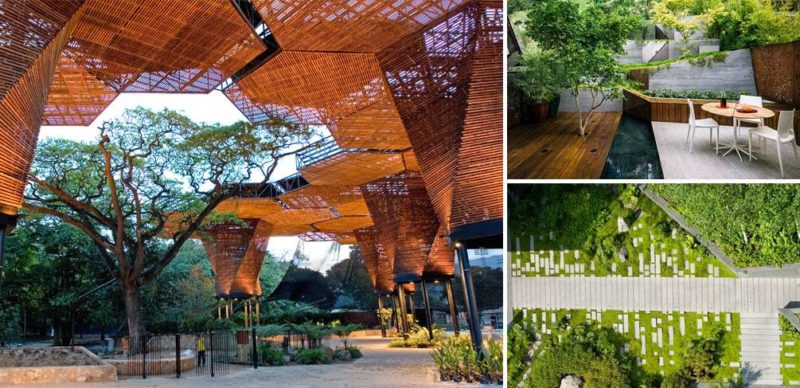
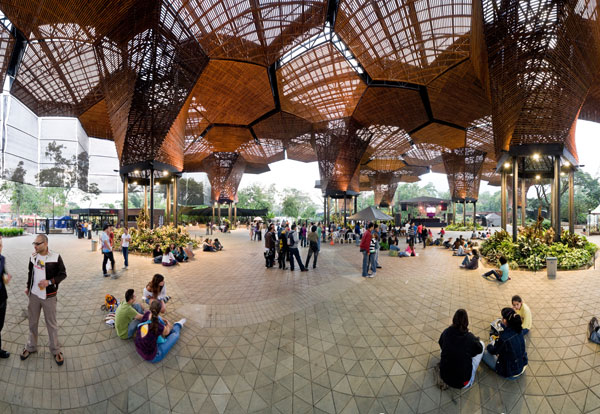
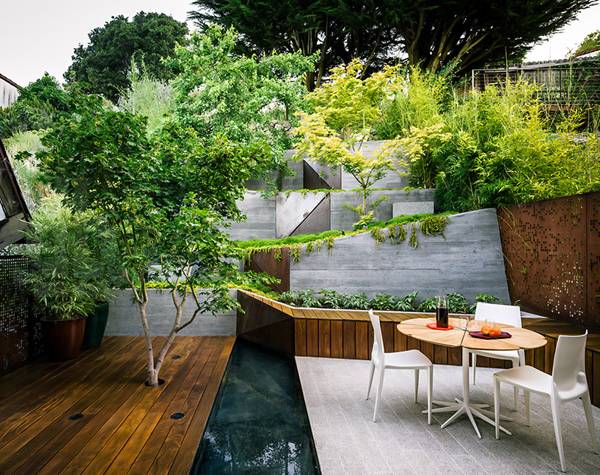
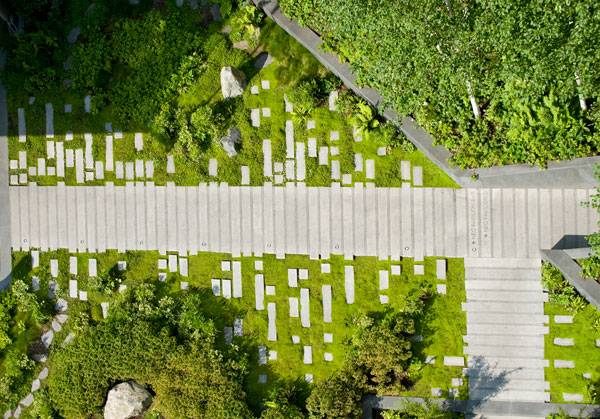
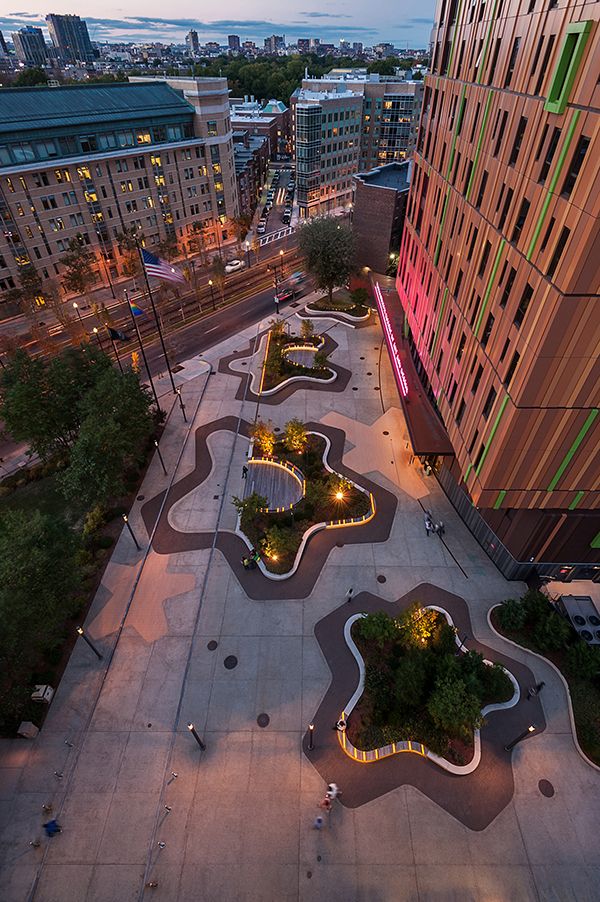
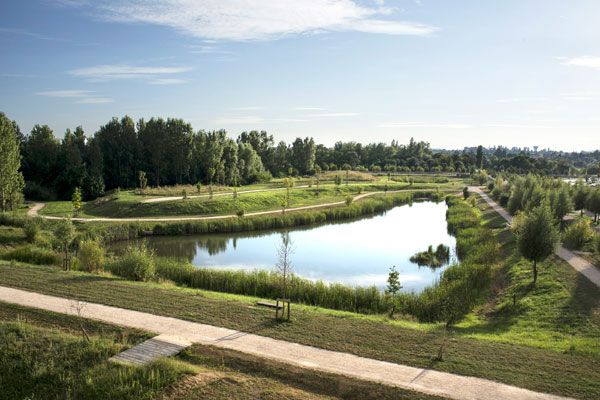


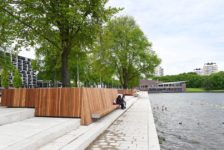



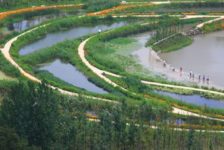

Pingback: مهارت هایی غیرمنتظره که از مدرک معماری منظر کسب می کنید - هنر و معماری آبگینه